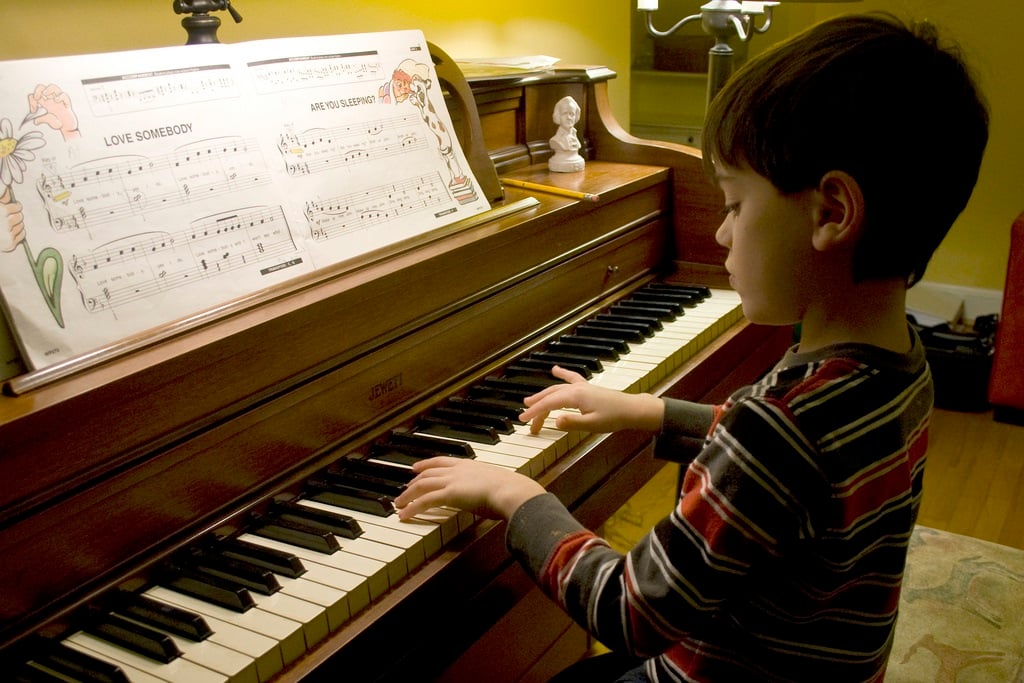
Photo: woodleywonderworks (CC BY 2.0)
More collaboration needed to safeguard Welsh music services
With Wales set to revamp its education policy and bring the arts to the heart of its school curriculum, an opportunity exists to safeguard and extend Welsh national music service provision.
A more collaborative approach amongst local authorities delivering music services in Wales is necessary to maintain their high quality, according to an independent report. The report, commissioned by the Welsh Minister for Education and Skills, recognises shortcomings in the “fragmented” nature of local authority music services, but rejects any pan-Wales solution, saying the driver of change “should be consistency of outcomes, and this is not necessarily best achieved by commonality of approach”.
The report coincides with news that ‘expressive arts’ will be one of the six areas of learning to take the place of traditional subjects in the revised Welsh curriculum. This increased focus on the arts will require more schools to turn to external agencies to assist in the delivery of individual music tuition, provision of instruments and support for teaching music. The report notes that this, alongside an unforgiving financial environment that is pushing many services and schools to become “increasingly dependent” on funding from parents, presents new challenges for music services.
It calls for local authorities to lead on the move to a cross-boundary hub-style system of service delivery. But says the exact model of delivery and services offered is a matter for local authorities to decide. It recommends local authorities consider a range of models, including establishing a charitable trust, arm’s length organisation, consortium or hub-style body, and submit proposals for reform by October 2016.
Although the report predicts that “the hub system could offer greater flexibility, economies of scale and efficiency savings,” local authorities would still be called upon to provide ‘core funding’. Contribution from parents is seen as an “accepted” part of the income stream for services, although the report highlights the “postcode lottery” problem, caused by some areas charging significantly more for services than others. It rejects a pan-Wales charging policy as “unworkable,” but says local authorities should work with schools to ensure charges are a fair reflection of actual costs.
The report makes specific recommendations in order to address the issue of an insufficient supply of instruments. It calls upon the government to consider using the National Procurement Service to facilitate the collective buying of instruments across local authorities. It also recommends the Welsh Local Government Association commissions a national database of musical instruments within the next twelve months, in order to classify the available instrument options for children and to begin to address any shortcomings.
Join the Discussion
You must be logged in to post a comment.